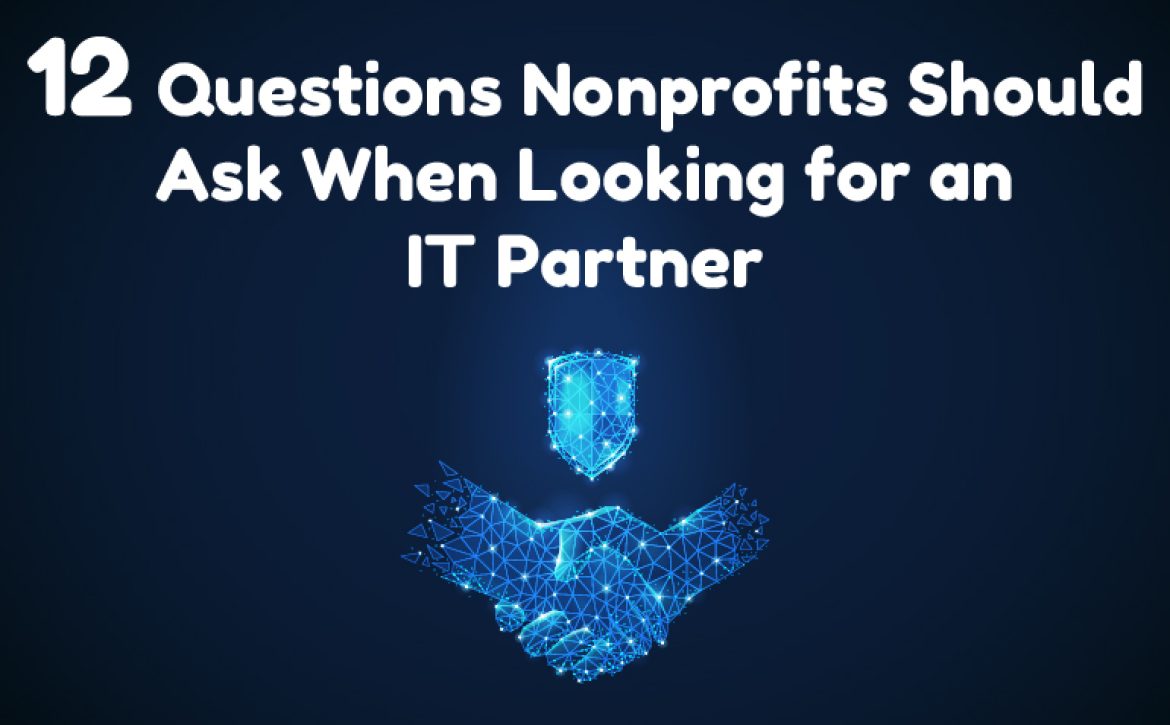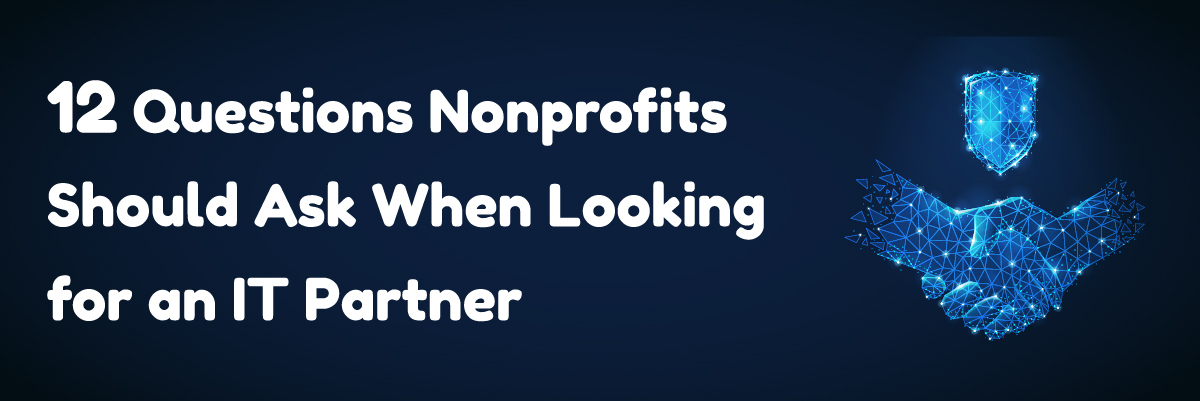How IT Services Can Strengthen Professional Service Firms
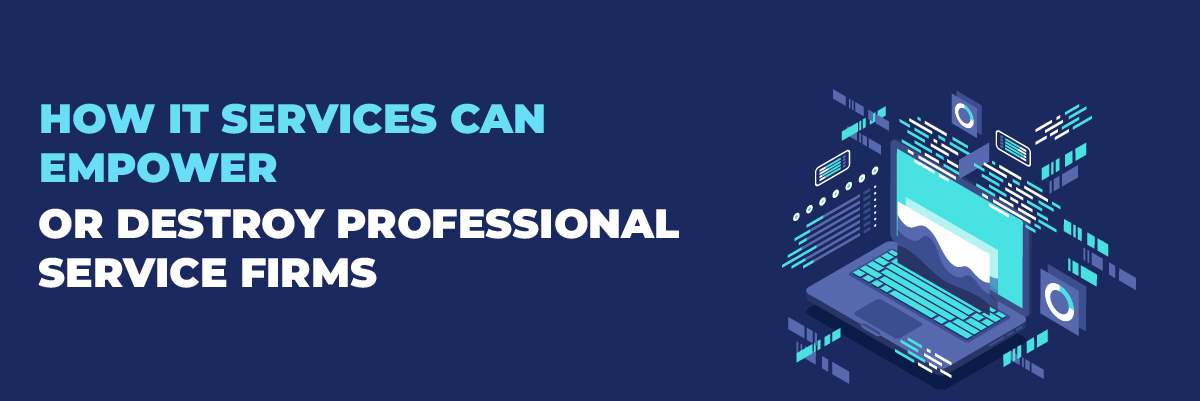
How IT Services Can Empower Professional Service Firms
In today’s digital-first business environment, professional service firms—whether they operate in legal, accounting, consulting, or any other high-skill industry—depend heavily on IT services to thrive. Information Technology (IT) serves as the backbone of modern operations, enabling firms to deliver better, faster, and more efficient services. However, while IT has the potential to empower these firms and propel them to success, it can also have detrimental effects if not managed properly. This article explores how IT services can empower or destroy professional service firms, focusing on the opportunities, risks, and the delicate balance between harnessing technology for growth and allowing it to compromise a firm’s success.
The Role of IT in Professional Service Firms
IT services cover a broad range of functions, from infrastructure management and software applications to data security and customer relationship management (CRM) systems. For professional service firms, IT can enhance nearly every aspect of the business:
- Operational Efficiency: Automating routine tasks like data entry, billing, or scheduling allows firms to focus on higher-value work. This leads to increased productivity and cost savings.
- Enhanced Client Service: Firms can leverage IT tools such as CRM software to improve communication, track client interactions, and provide tailored services, ultimately boosting client satisfaction.
- Remote Work Capabilities: IT infrastructure enables remote work, a critical advantage in the wake of global shifts toward flexible working environments.
- Data-Driven Decision Making: IT systems provide firms with access to valuable data that can be analyzed for strategic decision-making, helping them stay ahead of the competition.
While the benefits are clear, IT mismanagement can lead to significant challenges.
How IT Services Can Empower Firms
1. Streamlining Operations and Reducing Costs
Efficient IT services enable professional service firms to streamline their operations. Automation of back-office tasks such as invoicing, document management, and client communication helps reduce administrative overhead. For instance, legal firms often rely on document automation tools to draft contracts, allowing lawyers to focus on more complex tasks. By reducing manual processes, firms can lower operational costs, improve workflow efficiency, and better allocate resources to revenue-generating activities.
Additionally, cloud computing offers scalability, allowing firms to pay only for what they use. Instead of investing in expensive hardware and maintenance, cloud solutions provide a cost-effective way to scale operations as a firm grows.
2. Enhancing Client Relationships
In professional service industries, relationships are key. IT solutions such as CRM software help firms maintain detailed records of client interactions, preferences, and needs. These systems facilitate personalized service by providing insights into client behavior and enabling targeted communication. For instance, an accounting firm can use CRM to track client tax filings, sending reminders and personalized updates, thus improving client retention and loyalty.
Moreover, IT tools like secure client portals provide clients with real-time access to their documents and reports. This transparency not only enhances trust but also positions the firm as technologically competent, which is increasingly important in today’s competitive market.
3. Enabling Innovation and Agility
IT services open doors to innovation by providing firms with access to advanced tools such as artificial intelligence (AI), machine learning, and data analytics. These technologies allow firms to offer more value-added services. For instance, a consulting firm can use predictive analytics to offer clients data-driven insights into market trends, while legal firms can use AI-powered legal research tools to reduce the time spent on case preparation.
Additionally, firms equipped with robust IT infrastructure can adapt more quickly to changes in the business environment. Whether it’s shifting to remote work or adopting new compliance requirements, IT enables the agility necessary to stay competitive.
The Dark Side of IT: How It Can Destroy Firms
While IT offers numerous benefits, mismanagement or underinvestment in IT can spell disaster for professional service firms. Some of the common pitfalls include:
1. Cybersecurity Risks and Data Breaches
One of the biggest threats to any firm today is cybersecurity. Professional service firms, which often handle sensitive client information, are prime targets for cyberattacks. A data breach not only results in the loss of client trust but can also lead to legal penalties and financial losses.
Firms that fail to invest in robust cybersecurity measures—such as firewalls, encryption, and regular system updates—risk exposing confidential data. For example, a law firm experiencing a breach might inadvertently expose privileged client information, leading to severe reputational damage and potential legal consequences.
 2. Over-Reliance on Technology
2. Over-Reliance on Technology
While IT systems are critical for efficiency, an over-reliance on them can lead to vulnerabilities. Firms that depend too heavily on automated systems without proper oversight may find themselves at risk if those systems fail. Downtime caused by system outages or software glitches can disrupt operations, leading to missed deadlines and dissatisfied clients.
Furthermore, too much automation may reduce the personal touch that clients expect. Professional services are built on trust and relationships, and while technology can enhance these relationships, it cannot replace the human element. Firms must strike the right balance between automation and personalized service.
3. Failure to Keep Up with Technological Advances
The rapid pace of technological change presents another challenge. Firms that fail to keep their IT systems updated risk falling behind competitors who are quicker to adopt new technologies. Whether it’s cloud-based collaboration tools, AI-driven analytics, or cybersecurity advancements, staying current with technology is essential for maintaining a competitive edge.
Outdated technology can also lead to inefficiencies and compatibility issues, making it harder for firms to collaborate with clients or adapt to new business requirements. For instance, a consulting firm using an outdated project management system may struggle to keep pace with clients using more advanced platforms, leading to project delays and client frustration.
Striking the Right Balance: How Firms Can Maximize the Value of IT
To fully harness the power of IT services while mitigating potential risks, professional service firms must take a strategic approach to technology management. Here are some best practices to consider:
1. Invest in Cybersecurity
Given the rise in cyberattacks, it’s imperative for firms to prioritize cybersecurity. This means not only investing in firewalls, encryption, and anti-virus software but also training employees on cybersecurity best practices. Regular audits and updates to security protocols are essential to staying ahead of potential threats.
Additionally, firms should consider cyber insurance to protect themselves against the financial repercussions of a breach.
2. Foster a Culture of Continuous Learning
Technology is constantly evolving, and firms need to ensure their teams are equipped to keep up with the latest tools and trends. This means providing ongoing IT training for staff and encouraging a culture of continuous learning. By doing so, firms can ensure that their employees are not only proficient in using current technologies but are also prepared to adapt to future innovations.
3. Balance Automation with Personal Service
While automation can enhance efficiency, professional service firms should be cautious about automating too many aspects of client interaction. Clients still expect a personal touch, especially in industries like law, accounting, and consulting where trust and relationship-building are paramount.
Firms should focus on automating routine, repetitive tasks while maintaining personal communication and bespoke service where it matters most. This balance ensures that clients receive the best of both worlds—efficiency and personalization.
4. Keep IT Aligned with Business Goals
IT should not operate in a vacuum. It’s crucial that firms align their IT strategy with their overall business objectives. This requires collaboration between IT leaders and business stakeholders to ensure that technology investments are delivering measurable business outcomes. Whether it’s improving client service, enhancing operational efficiency, or driving innovation, IT should be seen as a strategic enabler rather than a cost center.
Conclusion: The Fine Line Between Empowerment and Destruction
IT services are both a potential game-changer and a lurking threat for professional service firms. On one hand, they drive efficiency, innovation, and client satisfaction; on the other, poor management can lead to security breaches, operational downtime, and ultimately, a firm’s downfall. The key to long-term success is a careful balance: harnessing technology to empower your firm while safeguarding against its potential risks.
This is where Protected Harbor truly shines.
Unlike generic managed service providers, Protected Harbor goes beyond just “keeping the lights on.” We specialize in future-proofing IT environments for professional service firms, ensuring that every tech investment delivers measurable business results. With a tailored, proactive approach, Protected Harbor doesn’t just react to issues—we anticipate and prevent them, offering zero-downtime solutions that keep firms operating smoothly, even when others might be crippled by IT failures.
Our tailored security solutions are second to none, with 24/7 monitoring and a custom-built defense that evolves with new threats. For firms handling sensitive data, our proactive approach is vital to maintaining both compliance and client trust.
More than just security, Protected Harbor offers personalized IT strategies designed to align with your specific business goals, ensuring you get the most out of every tech investment. Whether it’s seamless cloud integration, remote work solutions, or bulletproof disaster recovery plans, we have you covered.
If you’re ready to transform IT from a risk into a strategic advantage, Protected Harbor is your partner. Visit Protected Harbor today to discover how their tailored solutions can protect and empower your firm.


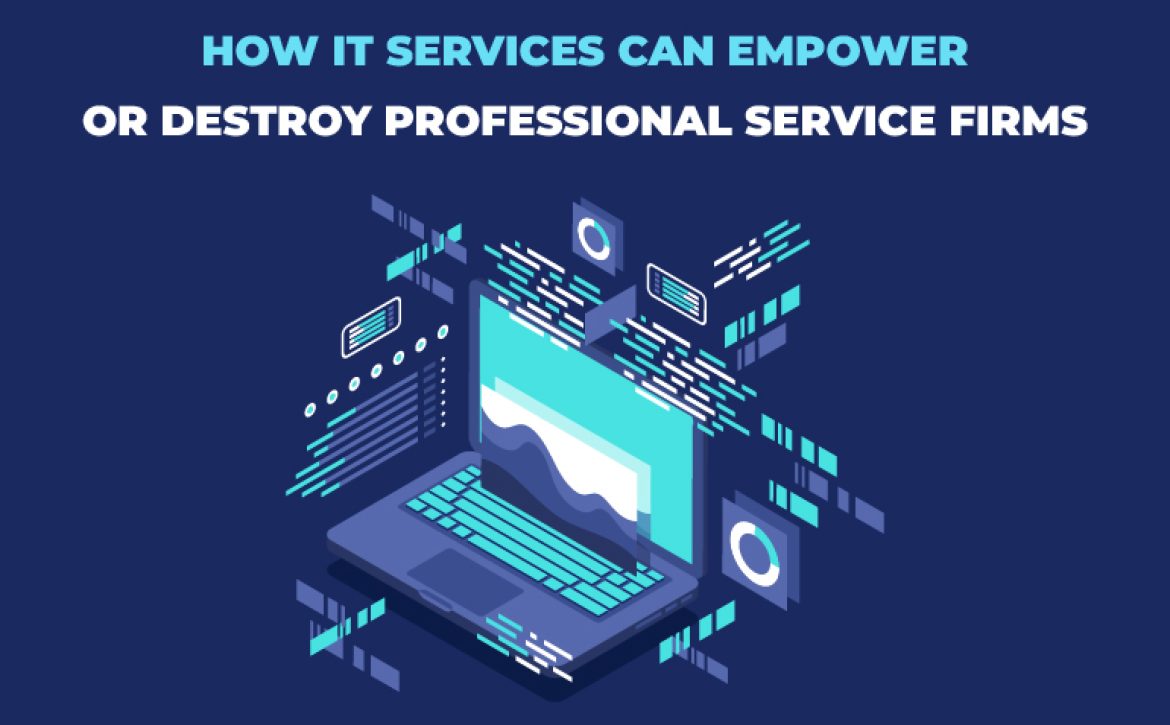
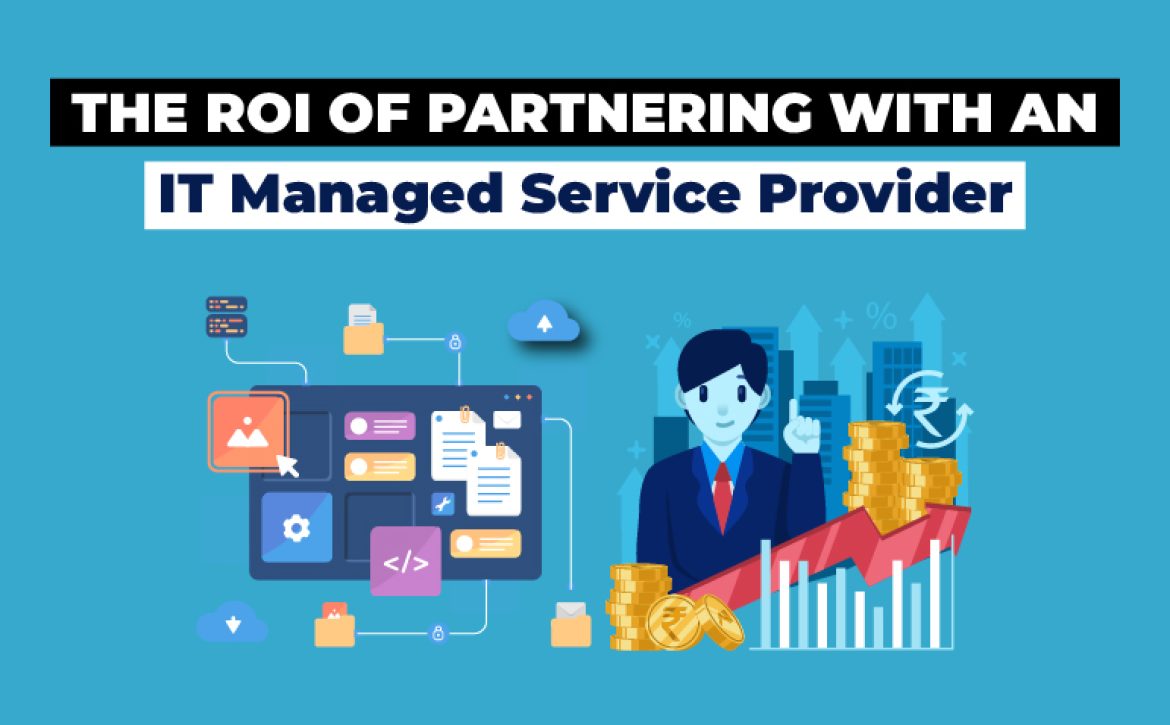
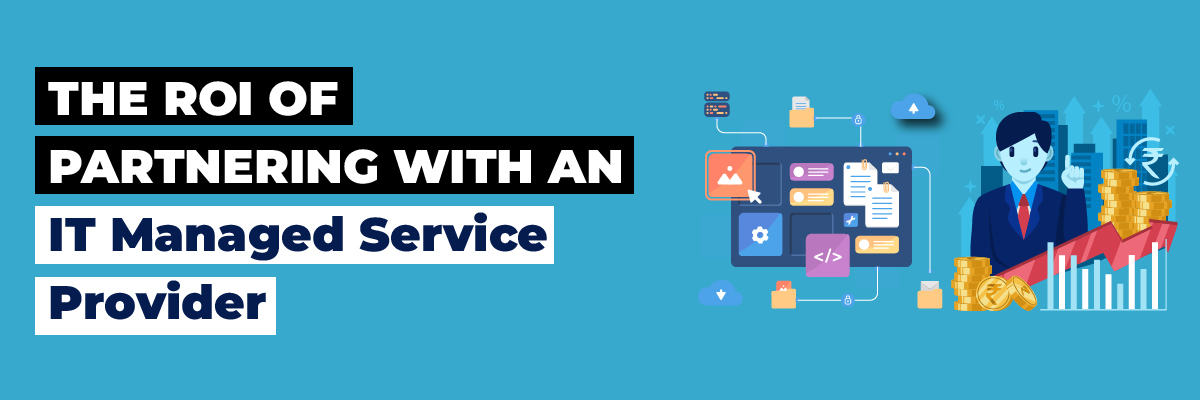

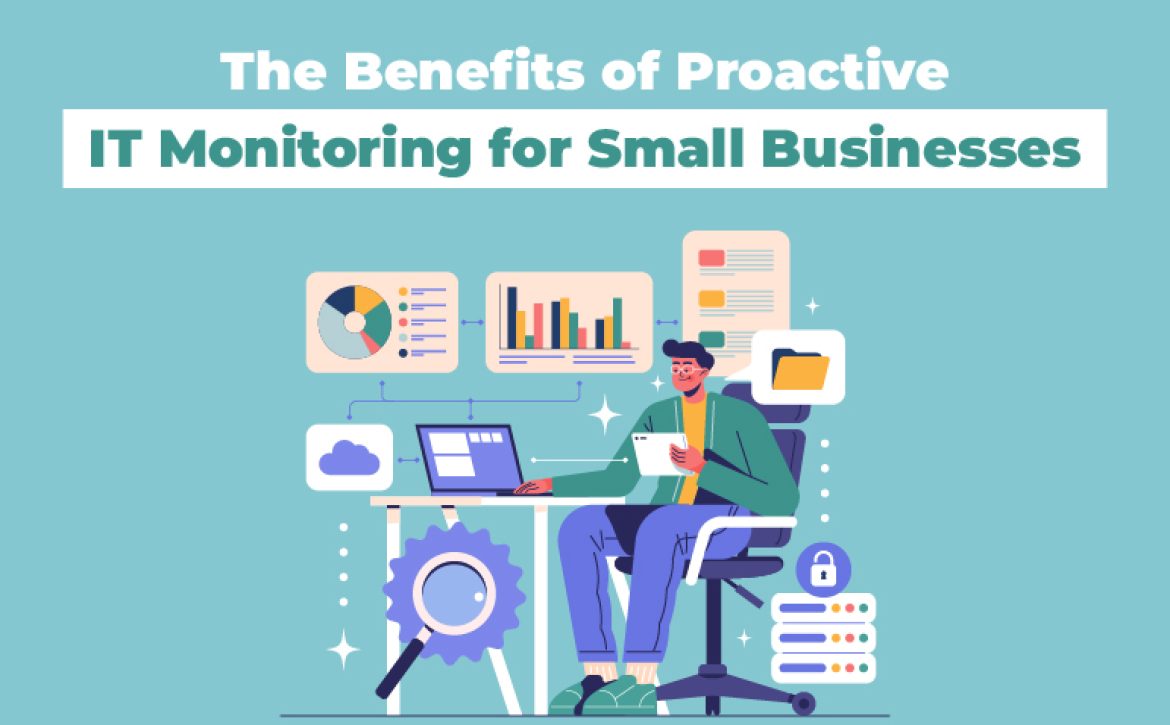
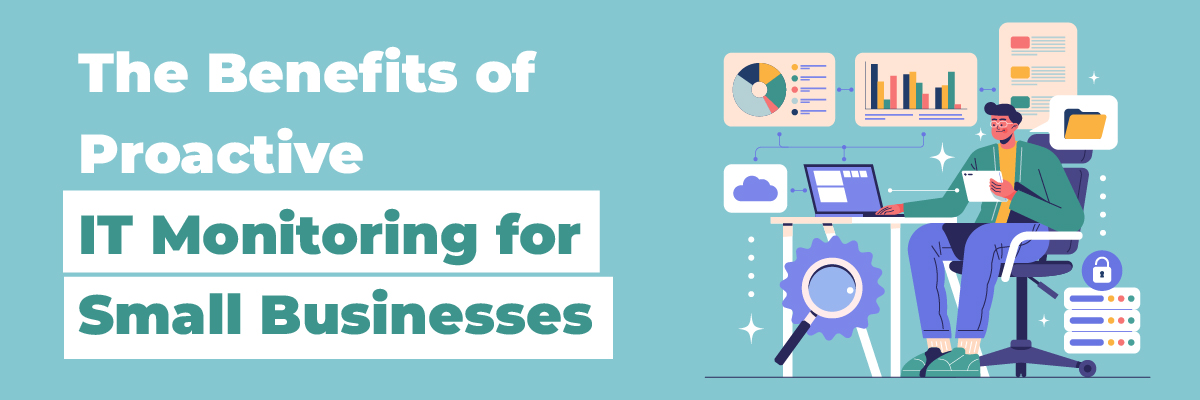
 Best Practices for Proactive IT Monitoring
Best Practices for Proactive IT Monitoring

 6. Customer Support and Communication
6. Customer Support and Communication


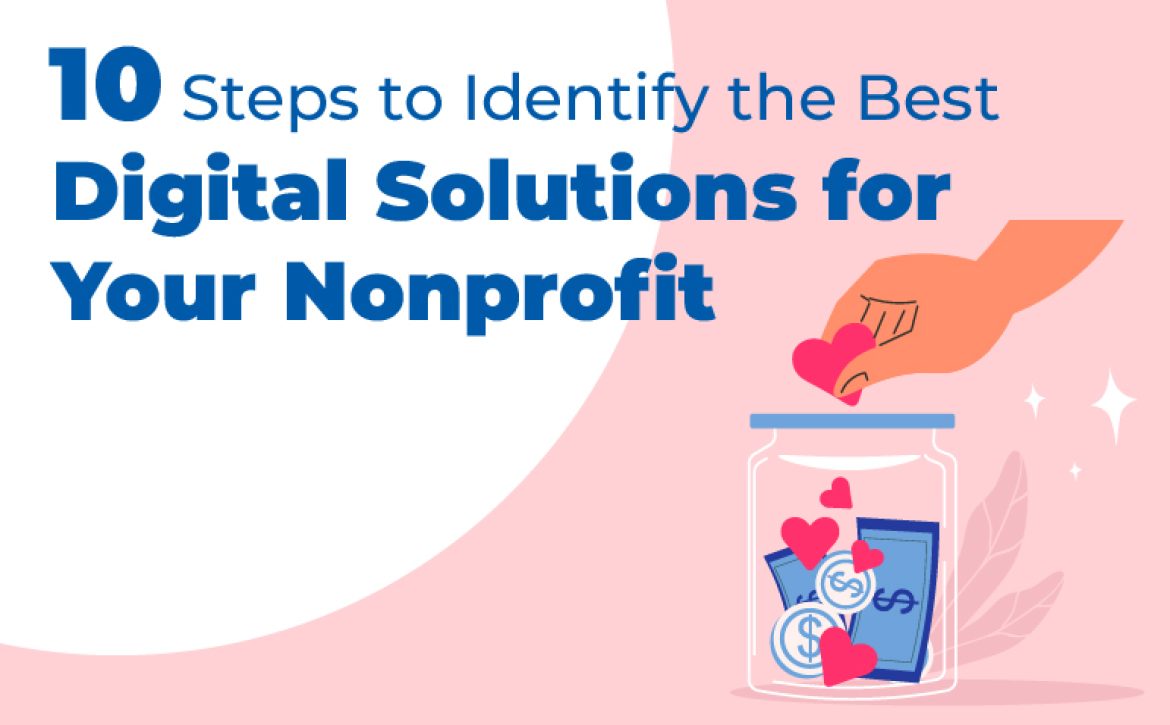

 Identifying the Right Digital Solutions for Nonprofits
Identifying the Right Digital Solutions for Nonprofits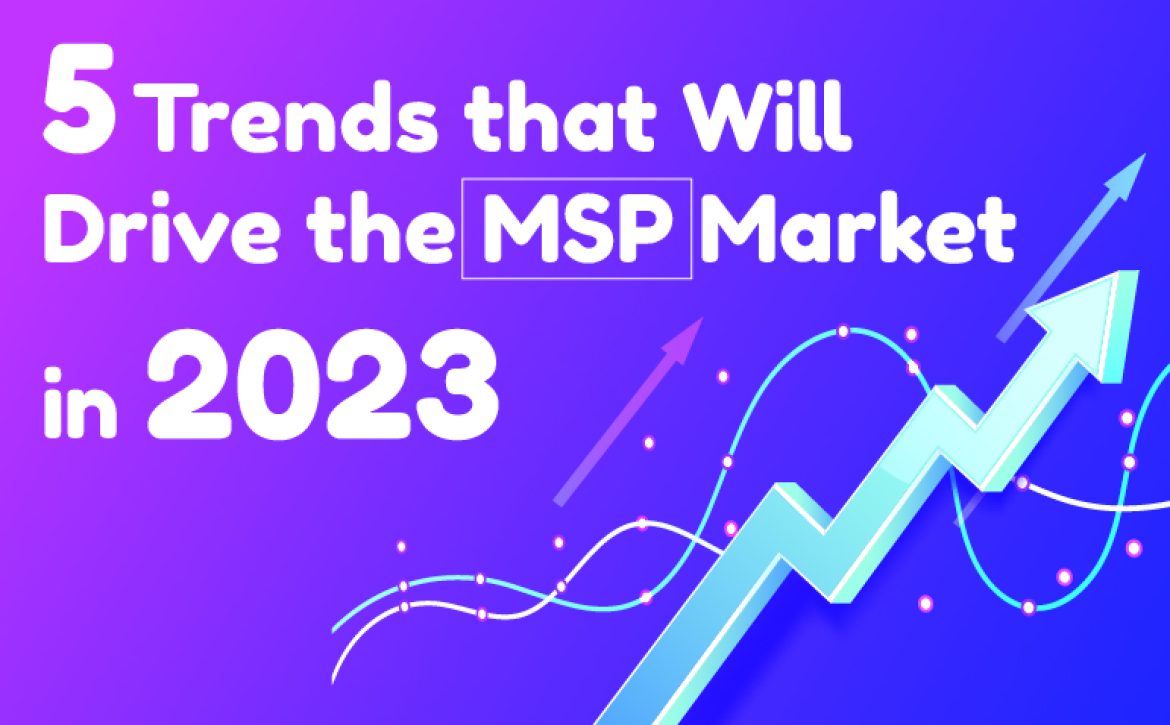

 Cloud-based Solutions are Becoming Increasingly Popular in the Managed Services Market
Cloud-based Solutions are Becoming Increasingly Popular in the Managed Services Market
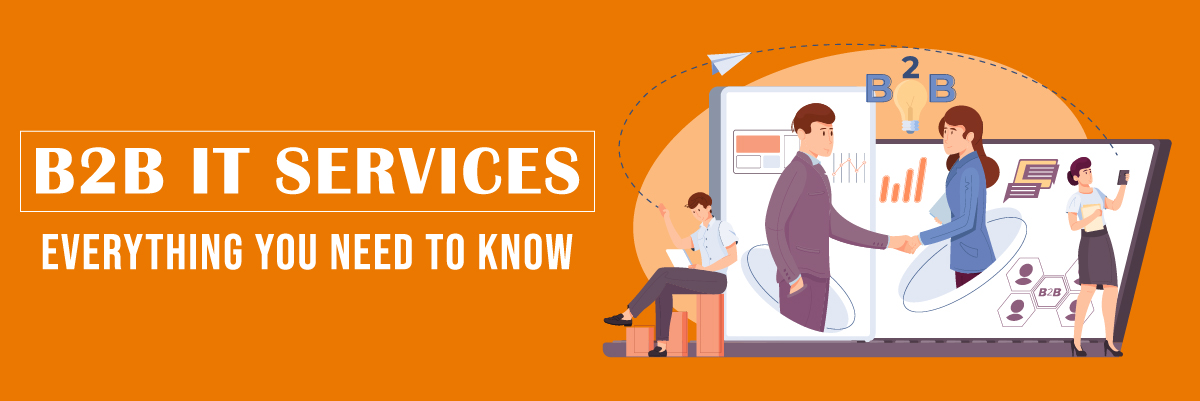



 Flexibility: There are many ways to solve IT issues, and we know that. However, your IT team should be deploying solutions that can solve multiple problems. For example, when upgrading to a new system, your IT partner may recommend or automatically add multi-factor authentication to your new system, increasing security. They should automatically find ways to solve future potential problems even if they don’t exist yet.
Flexibility: There are many ways to solve IT issues, and we know that. However, your IT team should be deploying solutions that can solve multiple problems. For example, when upgrading to a new system, your IT partner may recommend or automatically add multi-factor authentication to your new system, increasing security. They should automatically find ways to solve future potential problems even if they don’t exist yet.